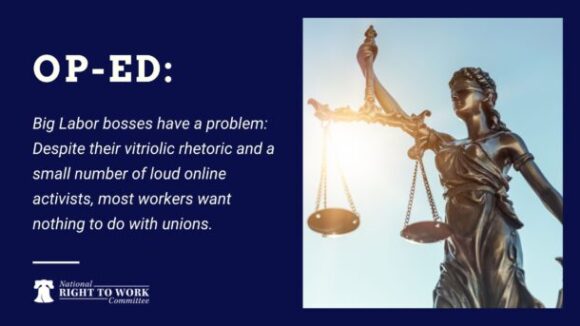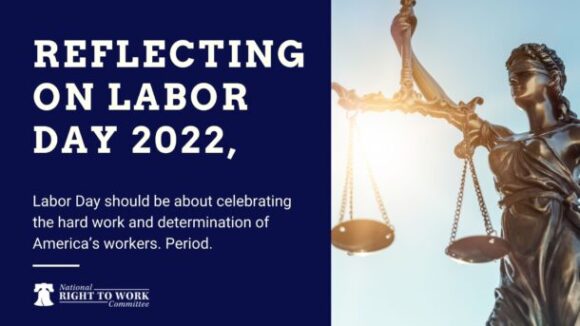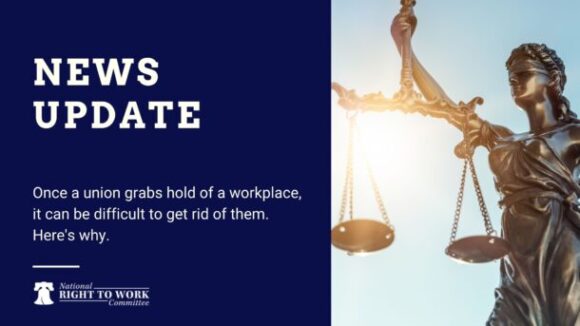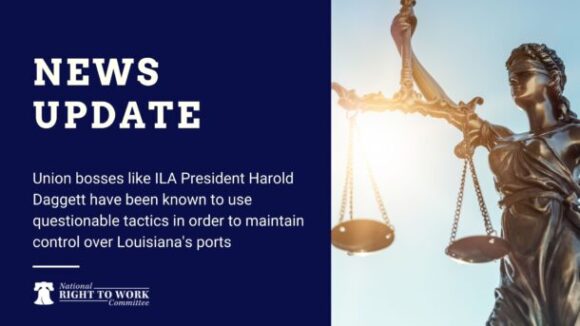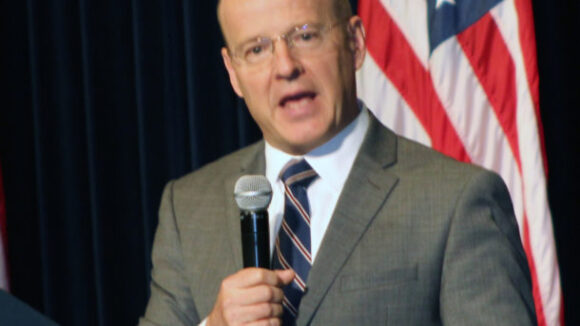Foundation Op-Ed: 'Biden's Labor Board Wants to Trap Workers in Unions they Oppose'
In an op-ed for The Hill published on Labor Day (September 5, 2023) entitled “Biden’s labor board wants to trap workers in unions they oppose,” National Right to Work Foundation President Mark Mix highlighted the coercive pro-union boss policies being pushed by…
